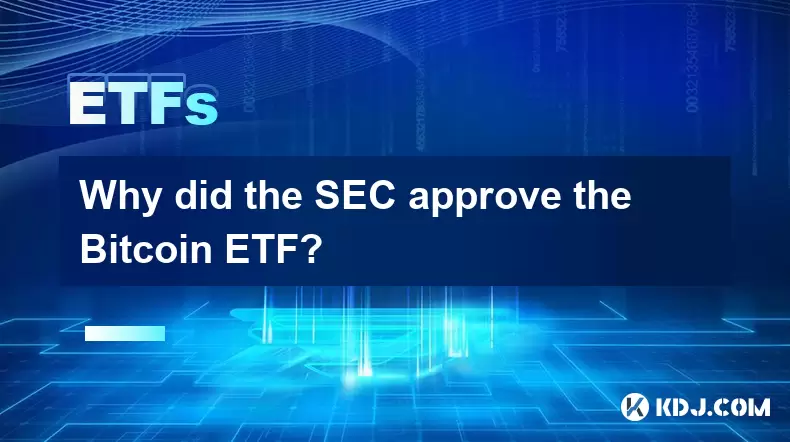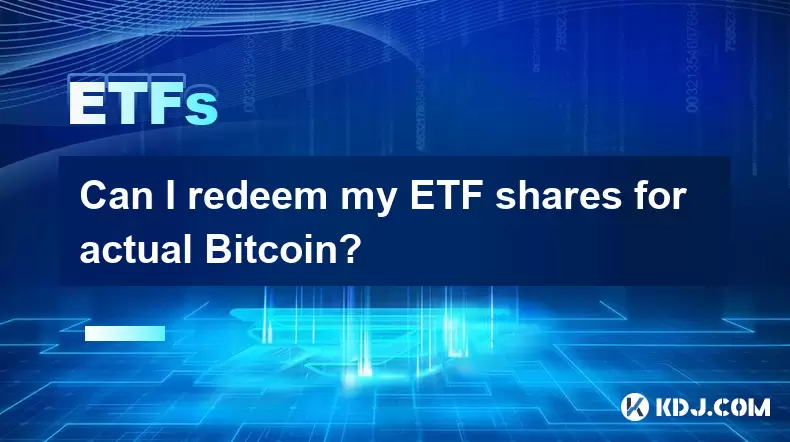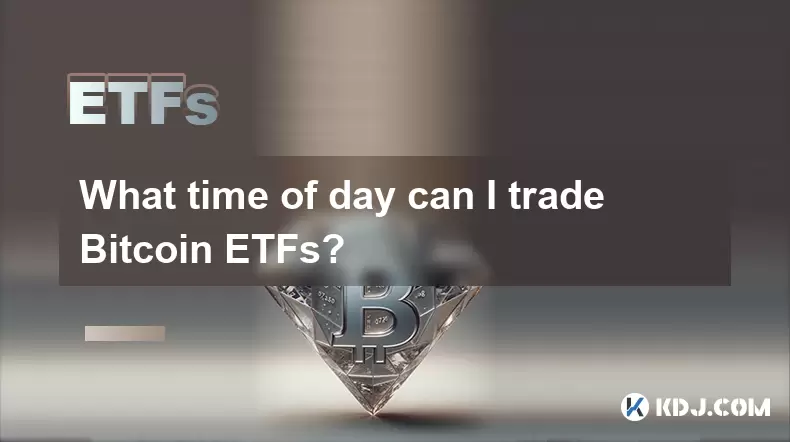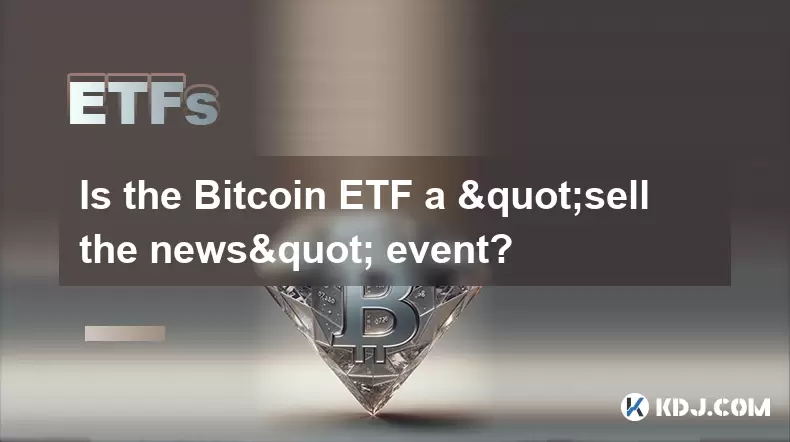-
 Bitcoin
Bitcoin $118,841.1054
1.02% -
 Ethereum
Ethereum $3,364.2689
7.44% -
 XRP
XRP $3.0337
3.93% -
 Tether USDt
Tether USDt $1.0004
0.04% -
 BNB
BNB $708.2059
2.49% -
 Solana
Solana $173.2385
5.74% -
 USDC
USDC $0.9999
-0.01% -
 Dogecoin
Dogecoin $0.2121
6.85% -
 TRON
TRON $0.3090
2.81% -
 Cardano
Cardano $0.7628
2.25% -
 Hyperliquid
Hyperliquid $46.8391
-2.08% -
 Stellar
Stellar $0.4537
0.15% -
 Sui
Sui $3.9529
-2.88% -
 Chainlink
Chainlink $16.6414
3.72% -
 Hedera
Hedera $0.2354
1.52% -
 Bitcoin Cash
Bitcoin Cash $499.1285
0.43% -
 Avalanche
Avalanche $22.6400
0.57% -
 Shiba Inu
Shiba Inu $0.0...01438
4.88% -
 UNUS SED LEO
UNUS SED LEO $8.8507
-0.64% -
 Toncoin
Toncoin $3.1498
2.35% -
 Litecoin
Litecoin $97.4954
1.21% -
 Polkadot
Polkadot $4.1541
1.50% -
 Monero
Monero $331.4406
-1.03% -
 Pepe
Pepe $0.0...01350
5.24% -
 Uniswap
Uniswap $8.9103
-5.01% -
 Bitget Token
Bitget Token $4.7540
4.51% -
 Dai
Dai $0.9999
-0.02% -
 Ethena USDe
Ethena USDe $1.0008
0.00% -
 Aave
Aave $322.3328
-1.63% -
 Bittensor
Bittensor $431.8026
-0.50%
Why did the SEC approve the Bitcoin ETF?
The SEC's approval of a Bitcoin ETF reflects evolving market infrastructure, institutional demand, and regulatory adaptation to digital assets.
Jul 10, 2025 at 11:21 am

Background of the SEC's Bitcoin ETF Approval
The Securities and Exchange Commission (SEC) has historically maintained a cautious stance regarding cryptocurrency-related financial instruments. The approval of a Bitcoin Exchange-Traded Fund (ETF) marked a significant turning point in its regulatory posture. This decision did not occur overnight; rather, it was the result of years of evolving market dynamics, legal challenges, and increasing institutional interest in digital assets.
One of the primary reasons behind the eventual approval was the maturation of the cryptocurrency market infrastructure. Over time, major exchanges improved their security protocols, custodial services became more robust, and trading volumes grew significantly. These developments helped alleviate some of the SEC’s concerns about market manipulation and investor protection.
Additionally, numerous asset management firms submitted revised proposals that addressed previous shortcomings. Firms like BlackRock, Fidelity, and Ark Invest tailored their ETF structures to align with SEC guidelines, offering enhanced transparency, clearer custody solutions, and stronger surveillance mechanisms. Their persistence demonstrated a commitment to regulatory compliance, which played a crucial role in shifting the SEC’s position.
Regulatory Framework Adjustments
As the demand for crypto investment products surged globally, regulators faced mounting pressure to adapt. The approval of Bitcoin ETFs in other jurisdictions, such as Canada and Europe, created a precedent that made it harder for the U.S. to remain resistant indefinitely.
The SEC had previously rejected multiple Bitcoin ETF applications due to concerns about market integrity and potential fraud. However, as the underlying spot markets matured and derivatives markets gained traction, the agency found itself in a position where denying further applications could hinder U.S. competitiveness in global finance.
Moreover, court rulings against the SEC in past cases also influenced this change. In several instances, courts ruled that the SEC’s rejections lacked sufficient justification or failed to address applicants’ arguments adequately. These legal precedents forced the agency to reassess its approach and consider granting approvals under more stringent conditions.
Market Demand and Institutional Adoption
A key factor that contributed to the SEC’s decision was the rising institutional demand for exposure to Bitcoin. Traditional investors were increasingly seeking regulated avenues to gain access to the asset without having to navigate the complexities of direct ownership and storage.
The introduction of a Bitcoin ETF provided a regulated, liquid, and accessible investment vehicle that aligned with existing financial frameworks. This allowed pension funds, mutual funds, and retail investors to participate in Bitcoin markets through familiar brokerage platforms.
Institutional players also pushed for clarity and legitimacy in crypto investments. With increased capital inflows into crypto-linked products, the need for an ETF became more urgent. The SEC recognized that delaying approval could lead to capital flight toward offshore markets, reducing oversight and control over investor participation.
Technological Advancements and Custody Solutions
The emergence of advanced custody solutions was another critical development that enabled the SEC to greenlight the Bitcoin ETF. Early ETF applications struggled with how to securely store and manage the underlying Bitcoin reserves.
Over time, institutional-grade custodians emerged, offering secure storage, insurance, and auditing mechanisms that met regulatory standards. Companies like Coinbase Custody and BitGo Trust played pivotal roles in establishing trust in the ecosystem by demonstrating that digital assets could be safeguarded effectively.
These technological advancements reduced counterparty risk and increased transparency. As a result, the SEC could better ensure that investor assets would be protected, which was essential in gaining regulatory confidence.
Political and Economic Influences
Beyond market and technological factors, political shifts and economic pressures also played a role in the SEC’s decision. The growing recognition of blockchain technology and digital assets as legitimate components of modern finance led to broader support across government agencies.
The U.S. government faced increasing scrutiny for lagging behind other countries in approving crypto-based financial products. International competition in fintech innovation intensified, prompting policymakers to reconsider the U.S.’s position in the global crypto landscape.
Furthermore, the executive branch exerted influence through policy directives and executive orders aimed at promoting responsible innovation in the digital asset space. These actions signaled a shift in federal sentiment and encouraged the SEC to align its regulatory framework accordingly.
Frequently Asked Questions
What is a Bitcoin ETF?
A Bitcoin ETF is an exchange-traded fund that tracks the price of Bitcoin and allows investors to gain exposure to the cryptocurrency without directly owning it. It trades on traditional stock exchanges and offers liquidity, ease of access, and regulatory oversight.
How does a Bitcoin ETF differ from buying Bitcoin directly?
Unlike direct ownership, investing in a Bitcoin ETF eliminates the need for private key management, wallet setup, and exchange selection. It provides a simplified, regulated way to invest in Bitcoin through traditional brokerage accounts.
Will the SEC approve Ethereum ETFs after Bitcoin?
While no official announcement has been made, the approval of the Bitcoin ETF sets a precedent that may pave the way for Ethereum ETFs. Regulatory considerations for Ethereum will depend on its classification and market maturity.
Can non-U.S. investors participate in Bitcoin ETFs approved by the SEC?
Yes, many Bitcoin ETFs listed on U.S. exchanges are accessible to international investors through global brokerage platforms, subject to local regulations and tax implications.
Disclaimer:info@kdj.com
The information provided is not trading advice. kdj.com does not assume any responsibility for any investments made based on the information provided in this article. Cryptocurrencies are highly volatile and it is highly recommended that you invest with caution after thorough research!
If you believe that the content used on this website infringes your copyright, please contact us immediately (info@kdj.com) and we will delete it promptly.
- Dogecoin Cash, Inc.: Preparing for a Blockchain Revolution? A Deep Dive into the Latest Report
- 2025-07-17 16:30:12
- Payment Token Face-Off: XLM & Remittix Challenge XRP's Reign
- 2025-07-17 17:10:12
- Meme Coins, Dogecoin, and the Bull Run: What's Hot and What's Not
- 2025-07-17 18:10:12
- Bitcoin Blasts Past $123K: Bithumb Listings and Altcoin Mania!
- 2025-07-17 16:30:12
- Bitcoin Trading Volume in Q2 2025: A New York Minute
- 2025-07-17 14:30:12
- Bitcoin, SpacePay, and Your Cappuccino: The Future of Crypto Payments is Here!
- 2025-07-17 14:30:12
Related knowledge

What is the best platform to trade Bitcoin ETFs?
Jul 17,2025 at 03:50pm
Understanding Bitcoin ETFs and Their Role in the MarketBitcoin Exchange-Traded Funds (ETFs) are investment vehicles that track the price of Bitcoin wi...

Can I redeem my ETF shares for actual Bitcoin?
Jul 17,2025 at 03:14pm
Understanding ETF Shares and Their Relation to BitcoinExchange-Traded Funds (ETFs) have become a popular investment vehicle for those looking to gain ...

Can retail investors buy Bitcoin ETFs?
Jul 17,2025 at 12:50pm
What is a Bitcoin ETF?A Bitcoin Exchange-Traded Fund (ETF) is an investment vehicle that tracks the price of Bitcoin and trades on traditional stock e...

Are Bitcoin ETFs insured by FDIC or SIPC?
Jul 17,2025 at 03:07pm
What Are Bitcoin ETFs and How Do They Function?Bitcoin Exchange-Traded Funds (ETFs) are investment vehicles that track the price of Bitcoin while bein...

What time of day can I trade Bitcoin ETFs?
Jul 17,2025 at 02:42pm
Understanding Bitcoin ETFs and Their Trading HoursBitcoin Exchange-Traded Funds (ETFs) are financial instruments that track the price of Bitcoin (BTC)...

Is the Bitcoin ETF a "sell the news" event?
Jul 17,2025 at 12:28pm
What Is a Bitcoin ETF?A Bitcoin Exchange-Traded Fund (ETF) is an investment vehicle that tracks the price of Bitcoin and trades on traditional stock e...

What is the best platform to trade Bitcoin ETFs?
Jul 17,2025 at 03:50pm
Understanding Bitcoin ETFs and Their Role in the MarketBitcoin Exchange-Traded Funds (ETFs) are investment vehicles that track the price of Bitcoin wi...

Can I redeem my ETF shares for actual Bitcoin?
Jul 17,2025 at 03:14pm
Understanding ETF Shares and Their Relation to BitcoinExchange-Traded Funds (ETFs) have become a popular investment vehicle for those looking to gain ...

Can retail investors buy Bitcoin ETFs?
Jul 17,2025 at 12:50pm
What is a Bitcoin ETF?A Bitcoin Exchange-Traded Fund (ETF) is an investment vehicle that tracks the price of Bitcoin and trades on traditional stock e...

Are Bitcoin ETFs insured by FDIC or SIPC?
Jul 17,2025 at 03:07pm
What Are Bitcoin ETFs and How Do They Function?Bitcoin Exchange-Traded Funds (ETFs) are investment vehicles that track the price of Bitcoin while bein...

What time of day can I trade Bitcoin ETFs?
Jul 17,2025 at 02:42pm
Understanding Bitcoin ETFs and Their Trading HoursBitcoin Exchange-Traded Funds (ETFs) are financial instruments that track the price of Bitcoin (BTC)...

Is the Bitcoin ETF a "sell the news" event?
Jul 17,2025 at 12:28pm
What Is a Bitcoin ETF?A Bitcoin Exchange-Traded Fund (ETF) is an investment vehicle that tracks the price of Bitcoin and trades on traditional stock e...
See all articles

























































































